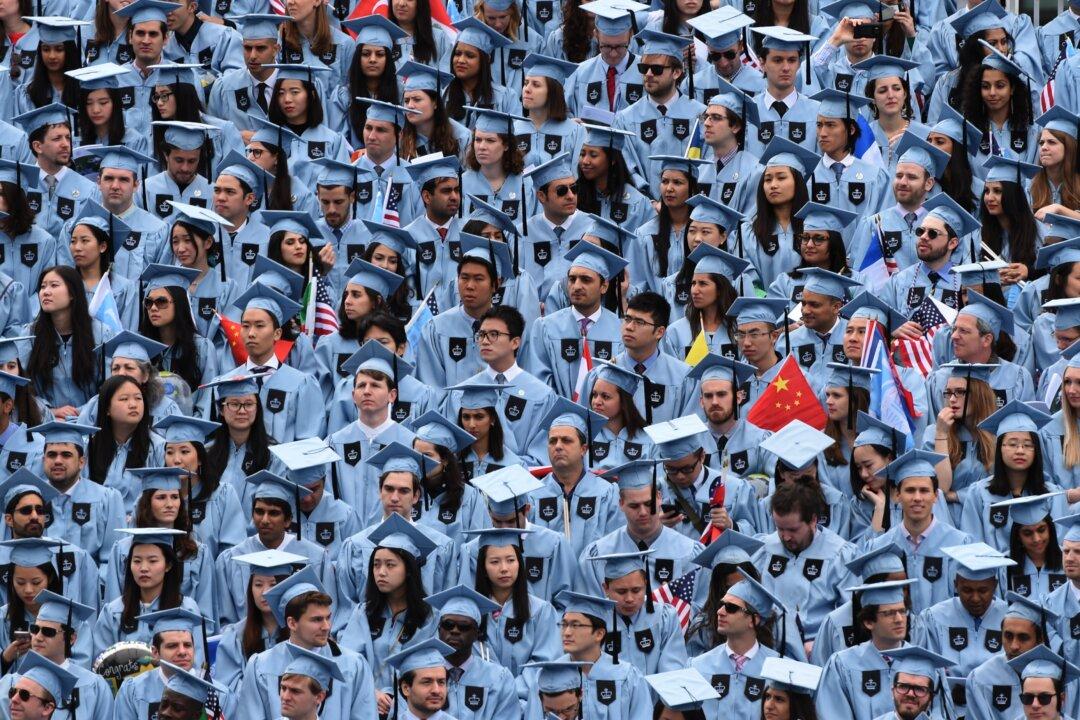As part of an ambitious plan to become the world leader in advanced technology, China is wooing talent from abroad—both ethnic Chinese and foreigners—to help the country gain an edge.
The Chinese regime introduced the Thousand Talents Plan in December 2008 to aggressively recruit promising workers in the science and technology fields. Multiple parts of the Chinese regime are involved, including the Central Organization Department, Central United Front Work Department, Ministry of Foreign Affairs, Overseas Chinese Affairs Office of the State Council, and the Chinese Academy of Sciences (CAS), according to the program’s official website.





